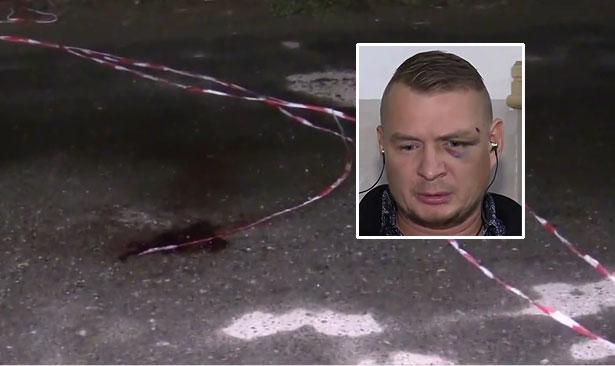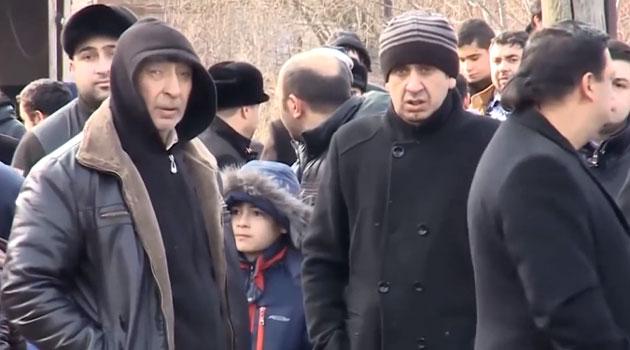Russia: Massacre of Romani people in the Urals, two dead, six injured, media reporting is biased

A tragic exchange of gunfire in Russia between a group of Romani people and three local non-Romani businessmen on Saturday, 3 September has resulted in the deaths of two Romani people and the injury of six. Some media outlets in Russia are reporting the incident as an assault perpetrated by a group of armed Roma on some unsuspecting local entrepreneurs who had no choice but to defend their own lives and protect their family members.
Gradually, however, the investigation and prosecution of the incident is revealing that the reality of the situation differs from the initial reporting. Oleg Shishov, the local entrepreneur in question who is also a former soldier with combat experience, owns a house adjacent to the Romani quarter in Yekaterinburg in the Urals.
Earlier this week Shishov was accused by a court in Sverdlovsk of having exceeded the limits of reasonable self-defense during the incident. The case has sparked significant public interest.
Many Russian media outlets are depicting Shishov as a hero who is being unfairly investigated by the police and the courts. That depiction is sparking fear in society and feeding anti-Romani hatred.
Insult to honor
The 38-year-old Shishov is an influential entrepreneur in the Urals whose construction firm has won lucrative contracts all over the country. Previously, in connection with a commission to build a gigantic, modern oceanic aquarim in Vladivostok, Shishov spent several weeks in police custody on suspicion of corruption but was ultimately released.
Alexander and Alexei Dutov, two brothers who were visiting the businessman on the day in question, are also former Russian special forces soldiers, like Shishov. During the exchange of gunfire that day, Alexei Dutov was injured in the arm.
According to the reporting so far, Alexander Dutov and Shishov first began firing at the Romani people, then fled the scene and spent two nights and one day hiding in the forest. On the night of Monday, 5 September, they called a press conference and announced they were turning themselves in.
During their press conference they alleged that a group of 30 armed Romani men had driven up to Shishov’s house in six cars and attacked without warning. They claimed to have engaged in reasonable self-defense in order to protect Shishov’s wife and three children.
On 12 September, some Russian media outlets, such as the Kommersant newspaper, published another description of what happened, one that detectives are pursuing. According to that version, Shishov had insulted a Romani man, Dmitry Pestrikov, who is living with Alexander Dutov’s daughter, during a birthday celebration.
Pestrikov demanded an apology, to no avail. One week later, he allegedly visited Shishov together with 15 other men in order to force him to apologize.
An argument broke out on the street in front of Shishov’s house. Alexei Dutov and Shisov then began firing at the Roma.
Courts under pressure
Detectives and state oversight officials working on the investigation do not seem to be on the same page about what happened. Shishov at first was remanded into custody after admitting his involvement in the incident to police, but was released several days later through the intercession of a state superintendent who was not assigned to the case.
The Superior Court in Sverdlovsk has received a complaint from the attorney for the Romani victims and new evidence, and has preliminarily decided that Shishov exceeded the limits of reasonable self-defense and that a new criminal prosecution will begin against him. The Russian media have reacted by calling the court’s decision scandalous.
A reporter for the state television station NTV was so distraught over what he characterized as the allegedly insufficient right of Russian citizens to defend themselves that he told viewers “This could never happen in America.” Other media outlets have not yet commented on whether it is actually acceptable to speak with such admiration about Russia’s ideological enemy on state television, but in general the Russian media has a tendency to pressure legislators there to loosen restrictions in the law on reasonable self-defense and in the laws on how to legally obtain weapons.
